1.5 Meet the Zambian buddies Copy
You can listen to the content of the page by using the audio controls.
During the tour you will be supported by a buddy from the Zambian host team. The study tour facilitators – Duncan and Tim – have paired you with a Zambian buddy. You should already have received your buddy’s name and contact details, but if not, email vst@eenet.org.uk to let us know.
Why does the virtual study tour have buddies?
During any study tour, one of the best ways to learn is through talking to people who live and work in the situation you are studying. They are the ‘experts’ in their situation.
What will the Zambian buddies do?
Your buddy has been recruited from the team of Principal Trainers and Observers who have contributed to the success of the Zambia inclusive education teacher training programme . (Don’t worry, you will find out about the roles of Principal Trainers and Observers soon!)
As you move through the tour, you and your buddy can:
- chat about the topics raised in the tour;
- ask each other questions;
- share thoughts and ideas.
Your buddy has been closely involved in developing the participatory teacher training programme in Zambia, so remember to:
- share both positive and negative observations about the Zambia experience;
- start and end a conversation with something positive;
- suggest feasible solutions to any problems you highlight.
Queries about buddies
If you have any problems getting in contact with your buddy in Zambia, please let us know. Email the facilitators: vst@eenet.org.uk.
The Zambian buddies
The Zambian buddies are either Principal Trainers or Observers. Below, you will find the name, job title and a quote from each buddy.
To find out more about the buddies, and read about their experiences and opinions of the teacher training programme, download this document. They share some great insights into the process and benefits of the teacher training approach.
Buddies who are Principal Trainers
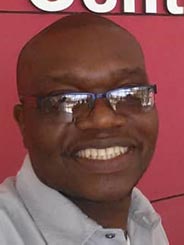
Aubrey Moono – Head of Section (Expressive Arts Education) and Senior Lecturer at Charles Lwanga College of Education in Monze, Southern Province.
“Learning is participatory; so teaching must be participatory too, thus learner–centred.”
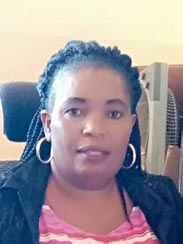
Audrey Sibamba Maluma – Officer working for Ministry of General Education (MoGE) as a District Resource Centre Coordinator (DRCC).
“My goal is to improve teachers’ performance by ensuring that they engage in reflective practice, deepen their knowledge, and extend their professional skills.”
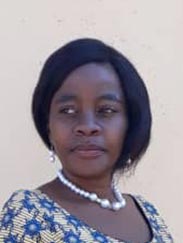
Bridget Mukwiza – Deputy head teacher at Shampande Primary and Secondary School in Choma.
“I enjoy sharing the knowledge I have about inclusive education, emphasising the need to ensure all children are present, participate and achieve.”
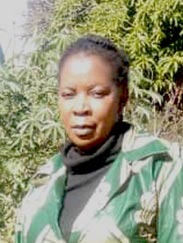
Cotildah Hamalengwa – Senior lecturer at Charles Lwanga College of Education, Monze, Southern Province.
“I am content knowing that children learn differently and seeing teachers and student teachers prepare specially designed instructions and support that can help all children to make progress and achieve in all aspects of life.”
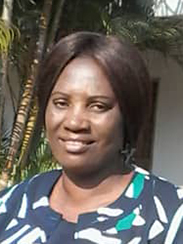
Eunice Simonde Siachobe – Head teacher, Luyaba inclusive school in rural Zimba District, Southern Province.
“Involving all stakeholders in decision-making, including learners, creates a positive school environment.”
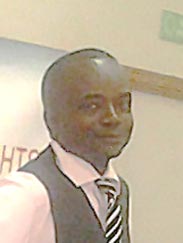
Jonathan Kasolo – Teacher and currently the assistant District Resource Centre Coordinator (DRCC) for Livingstone District.
“I enjoy being positively criticised when I felt I was right, yet I was wrong.”
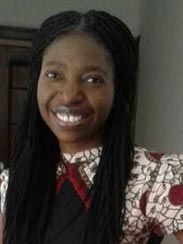
Lillian Chipatu – Lecturer in the School of Education at the University of Zambia (UNZA), Lusaka.
“[Through the training programme] I have had an opportunity to share and exchange ideas on inclusive education within and outside the university.”
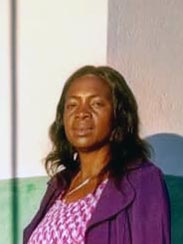
Misley Mungala – Head teacher of Nakowa Primary and Secondary Inclusive School, Zimba District
“The inclusive education training has helped me to understand that all learners can learn, regardless of their challenges, when differentiated learning is applied.”
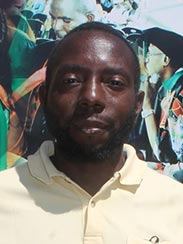
Nachiyunde Kabunga – Science education lecturer in the School of Education at the University of Zambia (UNZA), Lusaka.
“I am forever searching for new ways of teaching and learning. I enjoy inspiring my students to find new ways of engaging their learners.”
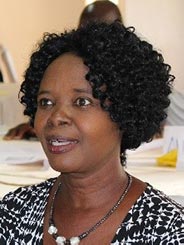
Olive Samukolo – Lecturer at Victoria Falls University in Livingstone.
“Education is an aspirational process, therefore I enjoy learning what I am taught by the facilitators and also from her colleagues.”
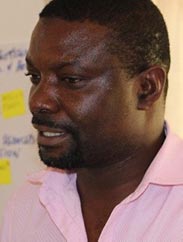
Orgency Malumbe – Head teacher, Shungu Pre, Primary and Secondary School in Livingstone District.
“I have enjoyed the high levels of interaction, the exchange of ideas among trainers and the responses from teachers and learners.”
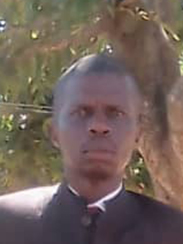
Patrick Kaluba – Education Standards Officer (ESO) – General Inspections, at Gwembe District Education Board (DEB) Office, Southern Zambia.
“My passion has been giving advice to practising teachers and school administrators on practical strategies on overcoming policy, practice and resource barriers or challenges.”
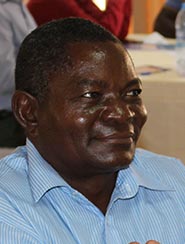
Presley Mulenga – Head Teacher for Riverview Primary and Secondary Inclusive School in Kazungula District.
“Inclusive education has improved my overall leadership and management of the Riverview school.”
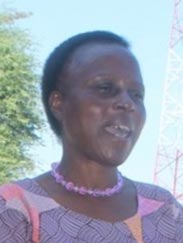
Silvia Mulenga – Teacher and District Resource Centre Coordinator (DRCC) for Kazungula District Education Board (DEB).
“Inclusive education has opened my mind and has cleared all my fears and doubts that learners with disabilities could not learn with others.”
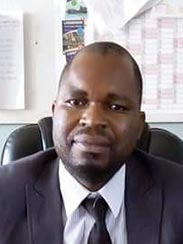
Wesley Mweemba – District Resource Centre Coordinator (DRCC) for Livingstone District Education Board (DEB).
“I believe that … teaching approaches and methods should always be learner-centred, where learners take the centre stage in the learning process.”
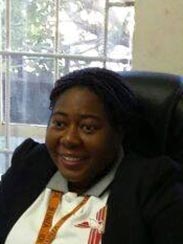
Yvonne Malambo Kabombwe – Lecturer and researcher in the School of Education’s Department of Language and Social Science Education (History Education Section) at the University of Zambia (UNZA), Lusaka.
“The trainings have helped me realise that there is hope for every student through the inclusive methodologies to access quality education and equality in society.”
Buddies who are Observers
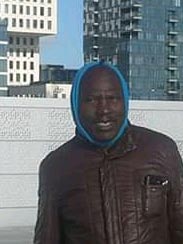
Caleb Callan Chabiauni – Trainer of trainers and a training officer at Response Network Livingstone.
“The most exciting part about my role as an Observer is that I interact with different vulnerable groups and stakeholders both from the private sector and Government on issues of disability, inclusion and development.”
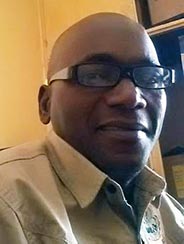
Jesart Ngulube – Senior Education Standards Officer (SESO), in-charge of Inclusive and Special Education at the Provincial Education Office (PEO) of Southern Province.
“Inclusive education is achievable in mainstream classrooms as long as there is a change of mind-set and attitude by all stakeholders, especially teachers who have been teaching learners with SEND in special schools and special units.”
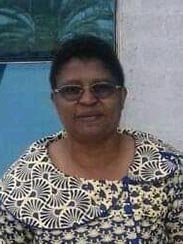
Lillian Haangoma – District Education Standards Officer (DESO) for Choma, Southern Province.
“As an Observer, I make sure that the pilot schools and the community which I observe are in line with Zambia’s inclusive education policy guidelines.”
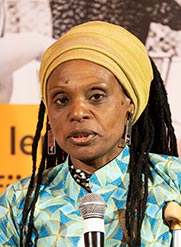
Musola Kaseketi – Film director.
“[What I enjoy most is] if you enter an inclusive class as an Observer and both the teacher and learners continue using sign language.”
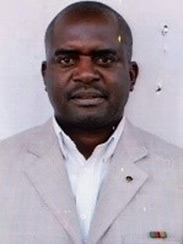
Mwenya Nicholas Mwamba – Principal Education Officer-Special Education at the government offices in Lusaka
“With my involvement in inclusive education I have come to respect diversity and working with all children, young people and adults.”
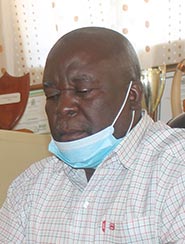
Samson D Sakala – District Education Board Secretary (DEBS) for Kazungula District, Southern Province.
“To me the most important agenda is to supplement Government policy on education and interact with different communities and partners to promote inclusive education.”
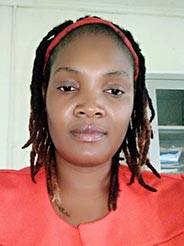
Sharon Handongwe – Programme Manager at Hospitaller Order of St. John of God, Holy Family Rehabilitation Centre in Monze, Zimba District, Southern Province.
“Being an Observer has offered me a safe learning space to share experiences and progressively learn from all stakeholders; each one bringing to the programme their most valued expertise.”
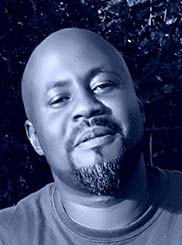
Tom Lwendo Mungala – District Community Development Officer, Kazungula District in Zambia.
“What I enjoy most about my job, both as an Observer and as a Community Development Officer, is the interaction with different communities, groups and stakeholders.”
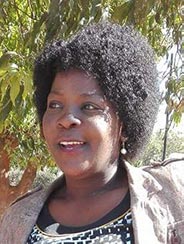
Winniefreda (‘Winnie’) Moonga Bbwantu – Community-based Rehabilitation (CBR) Coordinator and Public Health Nurse for Livingstone District Health Office, Southern Province.
“Being an Observer has helped me understand that there was no need to have special schools for children with disabilities. Instead, the community schools should modify and become inclusive.”


